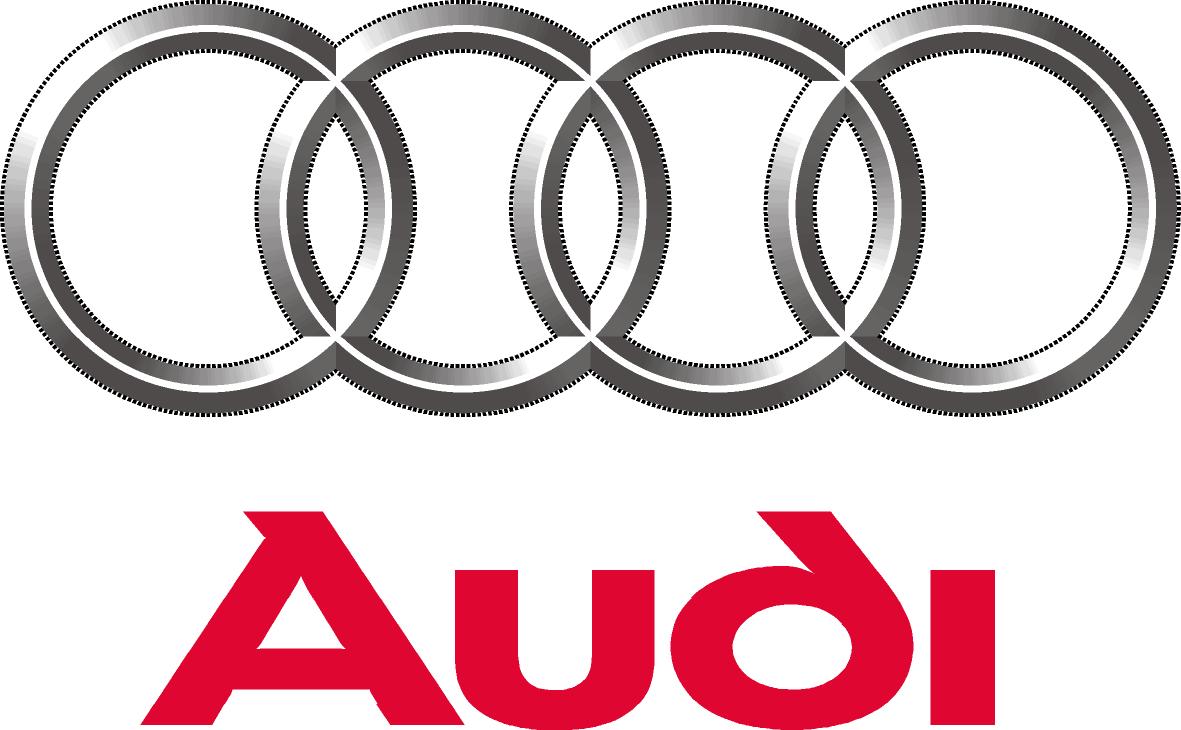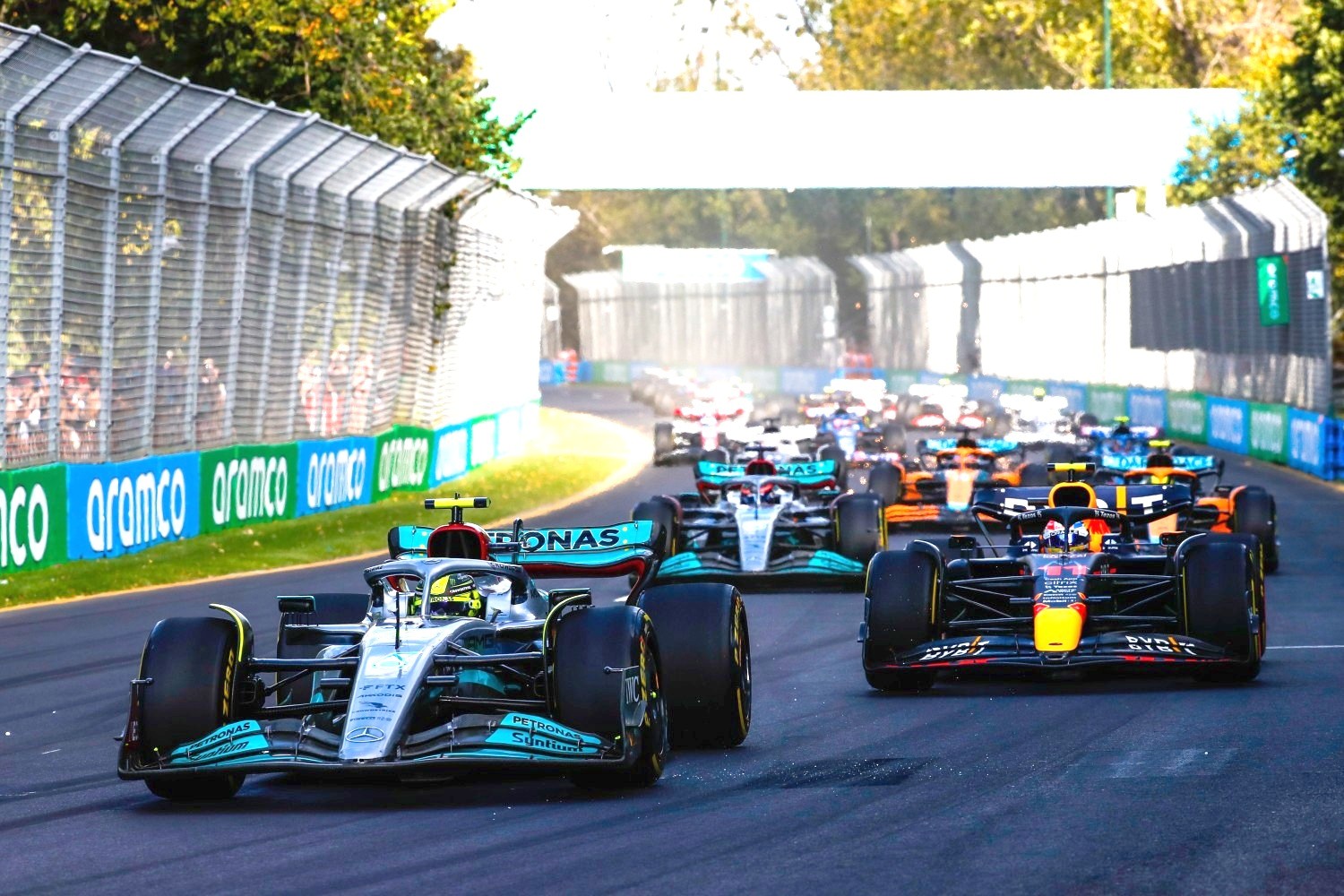F1 News: Screaming V10s with zero-pollution fuel being considered (5th Update)
(GMM) The FIA admits talks behind the scenes are taking place about the potential return of V10 engines to Formula 1.
In the past few days, amid swirling rumors that the all-new and contentious 2026 engine regulations could be scrapped ahead of a switch to normally-aspirated V10 power with sustainable fuel for 2028, Audi issued a statement.
While vague, the statement made quite clear that the Volkswagen-owned carmaker only decided to buy Sauber because of the highly-electrified 2026 regulations.
Team driver Nico Hulkenberg also declared in Shanghai: “The regulations for 2026 are set in stone.”
Amid the confusion, the FIA’s single seater boss Nikolas Tombazis admits that “preliminary negotiations” are taking place, but he cautioned that there is “no rush”.
“We are proud to have brought Audi into this sport and we don’t want them to change their mind,” he added. “We are proud to have made Honda reconsider their decision to leave and come back, but now we are trying to find a compromise that suits everyone, taking into account the current realities.
“There is no one-size-fits-all solution, so we are trying to find a middle ground.”
Some believe the racing will suffer if the 2026 rules simply come in as currently planned, while others point to the massive costs of ramping up the ‘hybrid’ era even further.
“In 2020-2021, when the regulations were discussed, the trend towards electric propulsion was obvious,” Tombazis said. “Since then, the views of the participants have changed, and even if Formula 1 is now in a very good financial position, it is important for us to protect it from further fluctuations in the global economy.
“But we are not trying to do anything unilaterally. Rather, we want to take into account the interests of all participants.”
March 24, 2025
Audi has reiterated that the move to more sophisticated hybrid engines was a key factor in its decision to enter F1, as the series’ chiefs contemplate a switch to simpler V10 units.
Asked by Crash.net for its views on F1’s push for V10 engines, Audi said in a statement: “The upcoming regulation changes, including the new hybrid engine rules set for the 2026 season, were a key factor in Audi’s decision to enter Formula 1.
“These power unit regulations reflect the same technological advancements that drive innovation in Audi’s road cars.”

If F1 were to lose Audi, it is likely other manufacturers would join the series if the engines are much simpler. That plus the fact the sport would add significantly to its already huge 750 million fanbase as fans love screaming V10 engines…..or screaming V8 engines for that matter.
March 20, 2025
(GMM) Formula 1 is considering a plan to bring ‘green’ normally-aspirated V10 engines back to the grid sooner than was ever anticipated.
Next year, the sport is scheduled to put its current 2014-2025 ‘hybrid power unit’ era in the past with a move to even heavier and more electrified turbo V6 engines.
However, driven by the exciting prospect of loud, light, simple, fan-pleasing V10s powered by 100 percent sustainable fuel, a “contingency plan for the future” has been bubbling behind the scenes for weeks, according to Auto Motor und Sport.
Correspondent Michael Schmidt said one idea is to put the 2026 engines that are currently being feverishly developed behind the scenes on the back burner for two years – enabling a switch to the ‘green’ V10s in 2028.
“Even at an advanced stage of development, some teams are reporting that the 2026 regulations were too ambitious,” he said.
Apparently, they are arguing that the prospect of some cars running at greatly reduced speeds to recuperate energy raises “safety concerns” about crashes. “Many are also concerned that the show could suffer,” Schmidt added.
He said a “V10 working group” has been set up.
“The manufacturers who are putting the most pressure on the teams to do this are those who already know they’re behind with their 2026 engine,” an unnamed insider said.
Red Bull and Ferrari apparently support the V10 idea, while Honda, Audi and Mercedes are opposed to putting the 2026 engines on ice for a further two-year period.
“We simply don’t have enough current engines,” argued team boss Toto Wolff.
A back-up plan under consideration is to allow the 2026 revolution to proceed, but to limit it to just a three year period instead of five – with the V10s arriving after that.
The upshot of that move would mean smaller, lighter cars as teams could do away with hybrid systems, which have done much to increase both size and weight in recent years.
It’s also billed as something of an insurance policy against the whims of the auto industry – a third party like Cosworth could supply V10 engines.
Related Articles:
F1 News: Toto Wolff and Frederic Vasseur Address V10 Engine Speculations
Formula 1 News: Verstappen questions ‘shouting’ about V10 return
Why it Won’t Happen
- The manufacturers involved have invested millions of dollars into their current programs and are not going to simply throw that away.
- Red Bull has set up its own engine program, Red Bull Powertrains, while Audi’s entry into F1 is directly related to the power unit regulations having relevance for its road car plans.
- Continuing with the current power units into 2026 would significantly impact the design of next year’s car. Moveable aerodynamics are set to be introduced, a decision made as a result of the increased hybridization of the power unit.
February 24, 2025
(GMM) The roar of screaming V10 engines could be returning to Formula 1.
Lauding increased safety as the biggest positive development in recent F1 history, Fernando Alonso at the weekend lamented some of the backwards steps the sport has taken since he debuted in 2001.
“We’ve got heavier cars, we’ve got cars that don’t have the characteristic sound any more, we’ve got slightly more predictable racing, we don’t have the refuelling, we don’t have those pitstops that used to be a bit of a challenge,” said the 43-year-old.
“When it rains the cars are too big, tires are too big, there’s no visibility at all. So let’s try to maintain safety but go back to lighter cars, to cars that sound good, that entertain the public.”
Curiously, in mid 2024, F1 CEO Stefano Domenicali actually hinted that because of sustainable fuels, the sport might actually be able to consider moving away from the current ‘hybrid’ power units from 2030.
“It is a personal consideration of mine, not yet shared with the teams, even if we have spoken about it with the FIA, that if sustainable fuels work, we will need to carefully evaluate whether to continue with hybrid or whether better solutions will be available,” he said.
“All drivers would like to have lighter cars, and personally I would also like a slightly larger sound. From the research we are carrying out, it emerges that all markets, and all age groups, want a better sound as well as the energy and vibrations that only a certain type (of engine) is capable of transmitting when you are close to the track.”
F1 and the governing FIA are at odds on many issues at present, but it seems that Domenicali and Mohammed Ben Sulayem are united on the issue of V10s.
FIA president Ben Sulayem said “a lot of positive conversation” has been happening behind the scenes in recent days.
“While we look forward to the introduction of (new) chassis and power unit regulations in 2026, we must also lead the way in the technological trends of future motorsport,” he added.
“We should consider various options, including the roar of a V10 running on sustainable fuel. Whatever direction we choose, we must ensure that we help the teams and manufacturers to keep development costs under control.”
February 22, 2025
Formula One could be racing towards a far noisier future after the sport’s governing body triggered talk of a return to roaring V10 engines, this time powered by fully sustainable fuel starting in 2031.
Mohammed Ben Sulayem, president of the governing FIA, raised the possibility in a post on Instagram reflecting on Formula One’s spectacular – and very loud – 10-team launch in London last Tuesday.
“This week’s F1 launch in London has triggered a lot of positive discussion on the future of the sport,” said the Emirati in the post on Thursday night.
“While we look forward to the introduction of the 2026 regulations on chassis and power unit, we must also lead the way on future technological motorsport trends.
“We should consider a range of directions including the roaring sound of the V10 running on sustainable fuel. Whichever direction is chosen, we must support the teams and manufacturers in ensuring cost control on R&D expenditure.
“A V10 power train running on sustainable fuel would be part of those considerations which would be tied to environmental and cost-containment measures,” he added.
“While we are fully focused on the introduction of the 2026 regulations, and the prospect of the competitive racing they will bring, we also need to keep an eye on the future.”
“If sustainable fuel is doing the right job to be zero emission… maybe we don’t need anymore to be so complicated or so expensive in terms of engine development,” F1 chief executive Stefano Domenicali said last year.
“So we may think to go back to engines that are much lighter and maybe with a good sound.”
July 1, 2022
With all the issues that electric cars have, one has to question if that is really the future?
Electric Car Issues:
- Child labor used to mine the battery materials
- Limited range
- Wait times for a charge.
- Reported fights over public chargers due to wait times. How long before someone is shot or stabbed?
- Initial High-Cost of electric cars
- Spontaneous combustion issues with EV batteries
- Electric grids that cannot handle the load, especially during summer when most of the driving is done
- High cost to recycle the batteries at end-of-life
- More…..

With zero-pollution fuels planned for F1 for 2026, why does F1 need a hybrid engine whatsoever?
The hybrid components (Battery, electric motor and electronics) have made the cars far too heavy and many in the F1 paddock have called for the cars to go on a diet. The easiest way to do that is to ditch the hybrid systems altogether.
Isn’t the idea of electric cars to emit zero pollution? What if there was another, far cheaper way?
There is.
If an internal combustion engine can be made to emit zero pollution, then give the fans what they really want – a screaming V10 naturally aspirated V10 F1 engine running on fuel that does not pollute.
Besides saving around 200 pounds in weight, the teams will save millions of dollars by abandoning hybrid technology altogether. And with the budget caps now in place in F1, that would be a welcomed change.
And tell Formula E, with their whiny sewing machine sounding cars, to go pound sand.
Mark C. reporting for AutoRacing1.com
